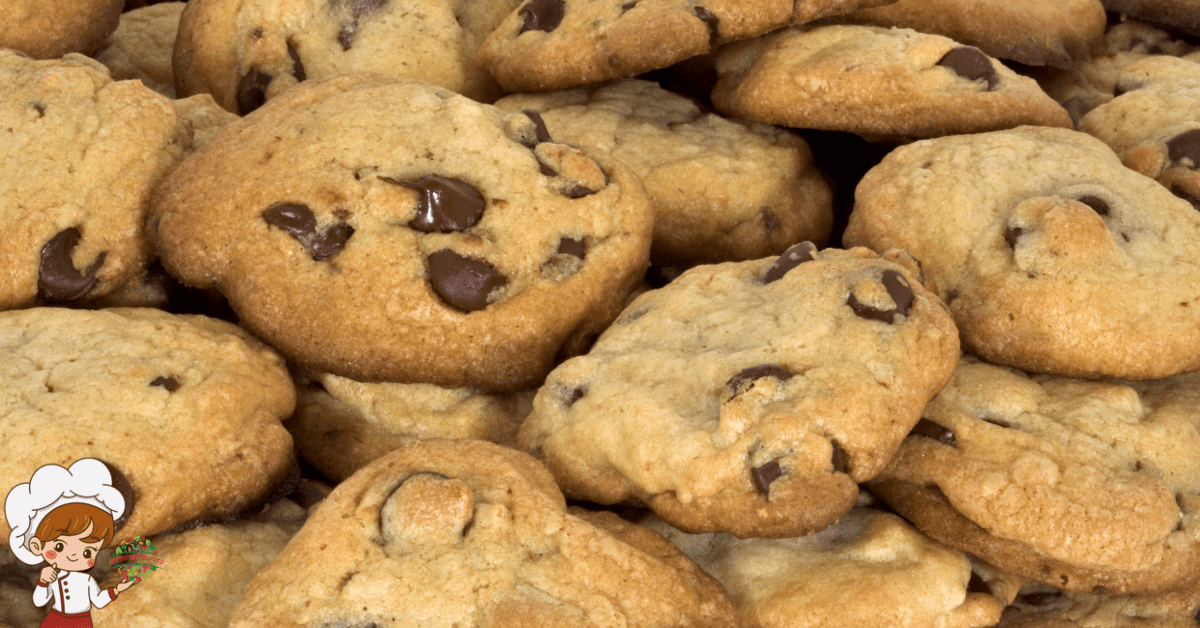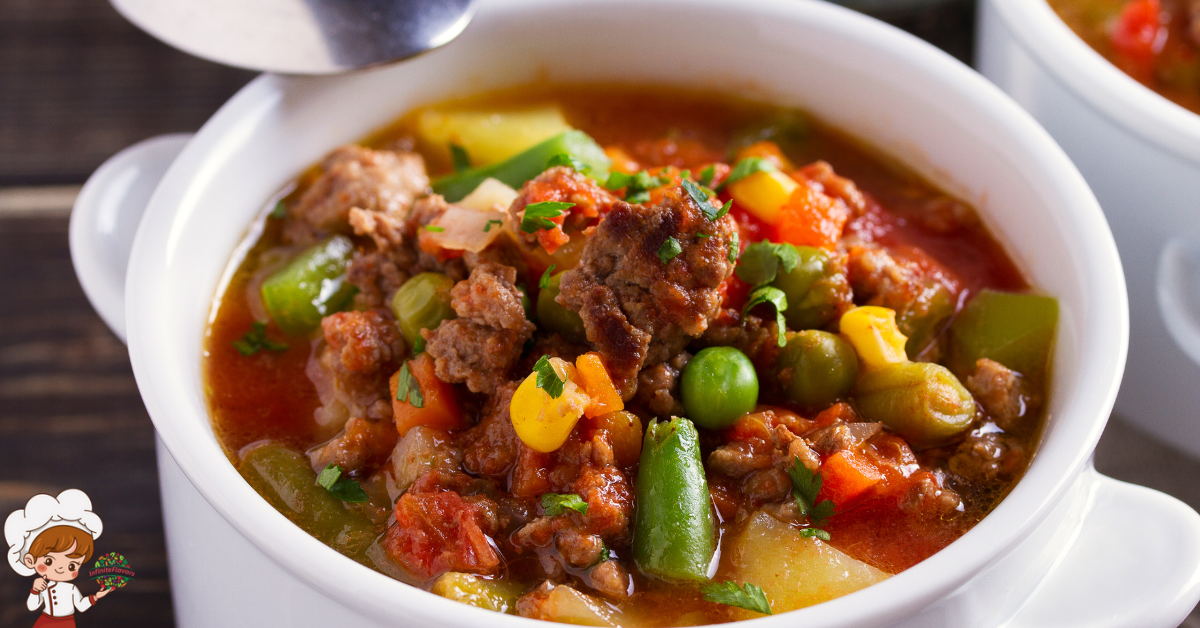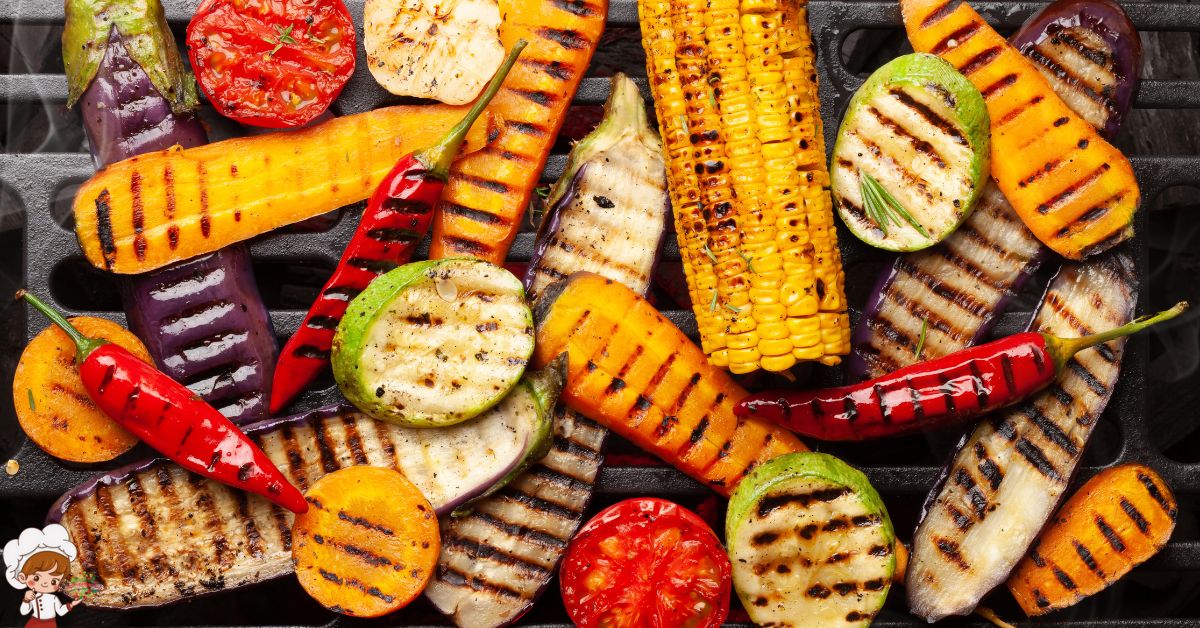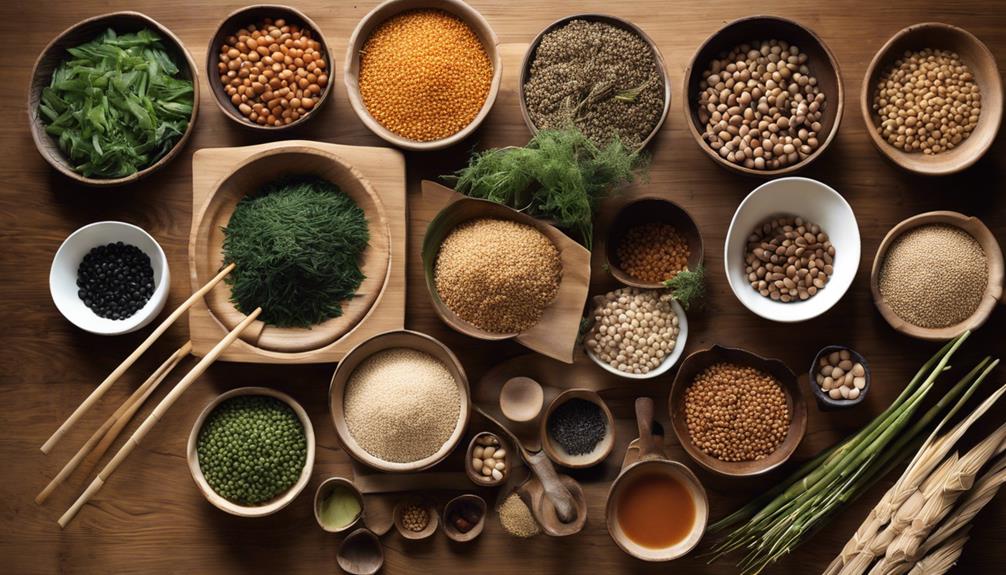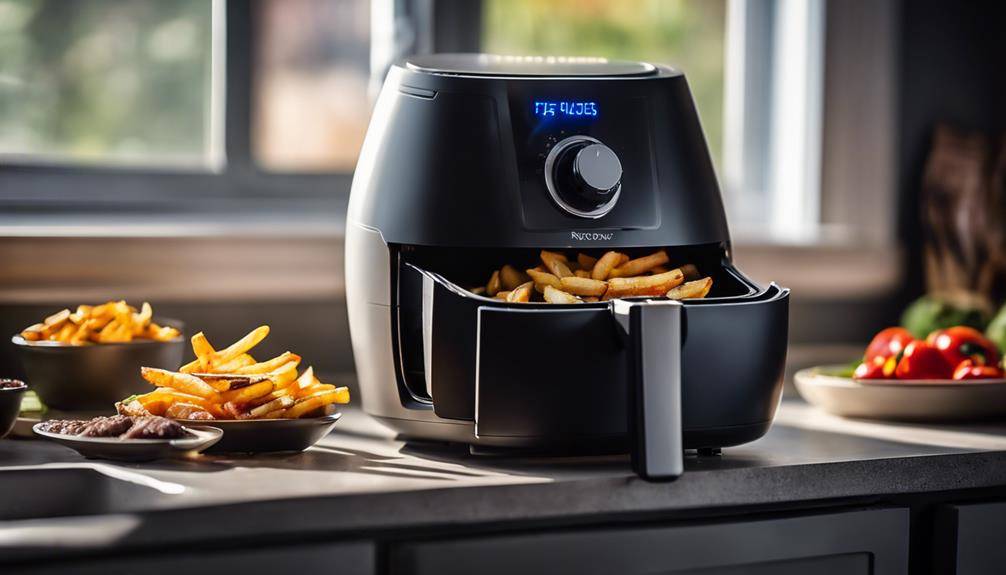Explore Emerging Gluten-Free Diet for Weight Loss
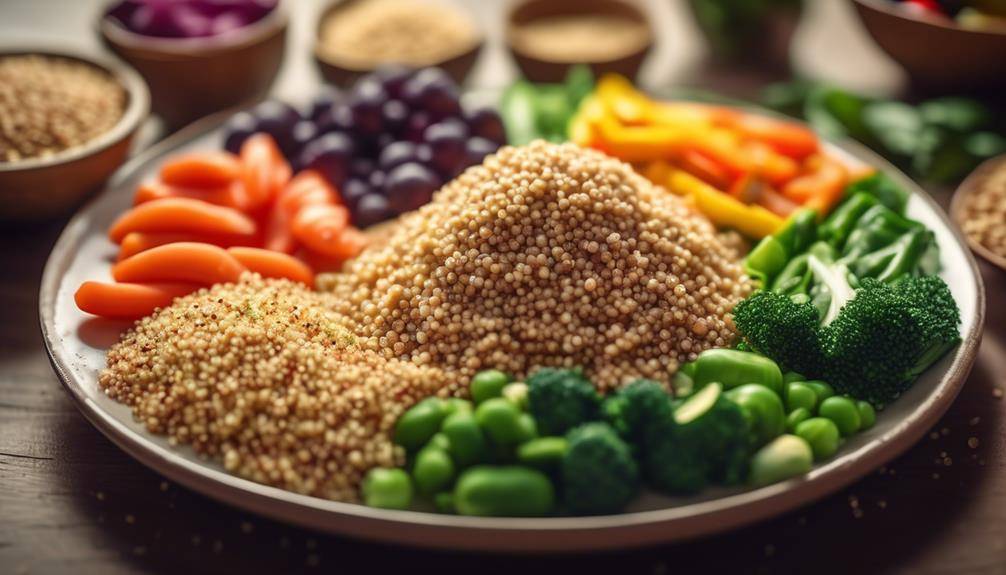
Gluten-Free Diet for Weight Loss; Are you tired of trying different diets, only to be disappointed by the lack of results? Have you ever considered going gluten-free? It’s time to explore the potential benefits of a gluten-free diet for weight loss. While there is ongoing debate about the effectiveness of this approach, many people have reported positive outcomes. In this discussion, we will uncover the link between gluten and weight gain, explore the benefits of a gluten-free lifestyle, and provide practical tips to help you achieve your weight loss goals. Get ready to discover a new way of eating that could potentially transform your health and well-being.
Understanding Gluten and Weight Gain
If you’re curious about how gluten may contribute to weight gain, let’s delve into the science behind it. Going gluten-free has become a popular trend for weight loss, but does eliminating gluten really help shed those pounds? Let’s examine the relationship between gluten and weight gain.
When it comes to gut health, going gluten-free can have mixed effects. Some individuals with celiac disease or non-celiac gluten sensitivity may experience improved gut health when eliminating gluten from their diet. These conditions can cause inflammation and damage to the lining of the small intestine, leading to digestive issues and nutrient malabsorption. By going gluten-free, these individuals can alleviate symptoms and promote better gut health, which may indirectly contribute to weight loss.
On the other hand, for individuals without gluten-related conditions, eliminating gluten may not have a significant impact on gut health. Research has shown that gluten does not inherently harm the gut in healthy individuals. In fact, whole grains containing gluten can provide essential nutrients and fiber that support a healthy digestive system.
When it comes to energy levels, the relationship between going gluten-free and weight gain is not well-established. Some individuals may report feeling more energetic after adopting a gluten-free diet, but this could be due to other factors such as improved overall diet quality or a placebo effect. Gluten-containing foods, such as whole grains, can also provide sustained energy due to their complex carbohydrate content.
The Link Between Gluten and Inflammation
Did you know that there is a link between gluten and inflammation? Research has shown that gluten can trigger an inflammatory response in some individuals, leading to health issues. Understanding this connection is crucial for those considering a gluten-free diet for weight loss, as reducing inflammation can have a positive impact on overall health.
Inflammation and Gluten Connection
The link between gluten and inflammation is a topic of growing interest due to its potential impact on health. Gluten, a protein found in wheat, barley, and rye, has been implicated in the development of autoimmune diseases and the onset of gluten intolerance symptoms. Research suggests that gluten can trigger an inflammatory response in certain individuals, leading to a range of adverse health effects. Inflammation is the body’s natural response to injury or infection, but chronic inflammation can contribute to the development of various diseases, including cardiovascular disease, diabetes, and certain types of cancer.
By eliminating gluten from your diet, you may be able to reduce inflammation and improve your overall health. However, it is important to note that not everyone will experience a significant reduction in inflammation by following a gluten-free diet, as individual responses may vary. Consulting with a healthcare professional is recommended for personalized guidance.
Impact of Gluten on Health
By exploring the impact of gluten on health, specifically the link between gluten and inflammation, we can gain insight into the potential effects of eliminating gluten from our diets. Understanding gluten intolerance is crucial in understanding the impact of gluten on health. Gluten intolerance, also known as celiac disease, is an autoimmune disorder that causes inflammation in the small intestine when gluten is consumed. This inflammation can lead to a range of symptoms, including digestive issues, fatigue, and joint pain.
Research suggests that eliminating gluten from the diet can significantly reduce inflammation and improve gut health in individuals with gluten intolerance. Additionally, a gluten-free diet has been shown to alleviate symptoms in other inflammatory conditions, such as rheumatoid arthritis and irritable bowel syndrome. Taking steps to eliminate gluten can support overall health and well-being.
Gluten-Free Foods: What to Include in Your Diet
Including a variety of nutrient-dense, gluten-free foods in your diet is essential for promoting overall health and supporting your weight loss goals. By making smart choices and incorporating these gluten-free options, you can enjoy a delicious and satisfying diet while still achieving your weight loss objectives.
Here are four gluten-free foods that you should include in your diet:
- Whole Grains: Opt for gluten-free grains like quinoa, brown rice, and buckwheat. These grains are high in fiber, vitamins, and minerals, making them a nutritious choice for weight loss. They can be used as a base for salads, stir-fries, or as a side dish.
- Lean Proteins: Incorporate lean proteins such as chicken, turkey, fish, tofu, and legumes into your gluten-free diet. These protein sources are low in fat and packed with essential nutrients. They can help you feel fuller for longer, support muscle growth, and aid in weight loss.
- Fruits and Vegetables: Fill your plate with a variety of colorful fruits and vegetables. These gluten-free options are rich in vitamins, minerals, and antioxidants, which can support your overall health and weight loss efforts. Be creative and experiment with different types of produce to keep your meals exciting and enjoyable.
- Gluten-Free Baking Alternatives: If you have a sweet tooth, don’t worry! There are plenty of gluten-free options for baking delicious desserts. Try using almond flour, coconut flour, or gluten-free oats as substitutes for regular flour. You can also use natural sweeteners like honey or maple syrup instead of refined sugar.
Incorporating these gluten-free foods into your diet can provide you with a wide range of nutrients while supporting your weight loss goals. Remember to focus on whole, unprocessed foods and listen to your body’s hunger and fullness cues. By making these simple changes, you can enjoy a gluten-free diet that is both healthy and satisfying.
Gluten-Free Grains for Weight Loss
Choosing gluten-free grains can be a beneficial strategy for weight loss. Gluten-free grains are a great alternative for individuals who have gluten sensitivities or celiac disease. These grains provide essential nutrients while helping to reduce inflammation and support weight loss goals.
Quinoa is a popular gluten-free grain that is high in protein and fiber. It has been shown to increase feelings of fullness and promote weight loss. Additionally, quinoa contains all nine essential amino acids, making it a complete protein source.
Another gluten-free grain option is brown rice. Brown rice is rich in fiber and has a low glycemic index, meaning it helps regulate blood sugar levels and promotes satiety. Incorporating brown rice into your diet can help you feel fuller for longer, reducing the chances of overeating.
Buckwheat is another gluten-free grain that offers weight loss benefits. It is high in fiber and protein, which can help control hunger and aid in weight management. Buckwheat also contains resistant starch, which promotes healthy digestion and may assist in weight loss.
Amaranth is a gluten-free grain that is packed with vitamins and minerals. It is a good source of protein, fiber, and iron, which are all important for weight loss and overall health. Amaranth’s high fiber content helps keep you feeling satisfied and supports healthy digestion.
The Benefits of a Gluten-Free Diet for Weight Loss
A gluten-free diet can offer several benefits for weight loss. Firstly, it can help increase your metabolic rate, allowing you to burn more calories throughout the day. Secondly, eliminating gluten can reduce inflammation in your body, which is often associated with weight gain. Lastly, a gluten-free diet can improve your digestive health, making it easier for your body to absorb nutrients and maintain a healthy weight.
Increased Metabolic Rate
Switching to a gluten-free diet can potentially boost your metabolic rate, aiding in weight loss. Here’s how:
- Increased energy levels: Gluten can cause inflammation and digestive issues in some individuals, leading to fatigue and reduced energy levels. By eliminating gluten from your diet, you may experience increased energy, allowing you to engage in more physical activity and burn calories.
- Impact on hormonal balance: Gluten can disrupt the balance of hormones in your body, including insulin and leptin, which play a crucial role in regulating metabolism and appetite. By following a gluten-free diet, you can restore hormonal balance, promoting a healthy metabolism and supporting weight loss.
- Improved nutrient absorption: Gluten can damage the lining of the small intestine, impairing nutrient absorption. By eliminating gluten, you can improve the absorption of essential nutrients, ensuring your body gets the fuel it needs for optimal metabolism.
- Reduced inflammation: Gluten can trigger inflammation in the body, which can hinder weight loss efforts. By going gluten-free, you may experience a reduction in inflammation, allowing your body to function more efficiently and support weight loss.
Reduced Inflammation
Eliminating gluten from your diet not only increases your metabolic rate but also offers the added benefit of reducing inflammation, which can support your weight loss journey. Inflammation is the body’s natural response to injury or infection, but chronic inflammation can contribute to weight gain and hinder weight loss efforts. Following an anti-inflammatory diet, such as a gluten-free diet, can help reduce inflammation and promote weight loss. Studies have shown that gluten can trigger an inflammatory response in some individuals, particularly those with celiac disease or non-celiac gluten sensitivity.
By removing gluten from your diet, you can decrease inflammation in your body, leading to improved overall health and potentially aiding in weight loss. Incorporating anti-inflammatory foods such as fruits, vegetables, lean proteins, and healthy fats can further enhance the benefits of a gluten-free diet in reducing inflammation and supporting weight loss.
Improved Digestive Health
Improving your digestive health is one of the key benefits of adopting a gluten-free diet for weight loss. Here are some ways that a gluten-free diet can improve your gut health:
- Reduces symptoms of bloating, gas, and diarrhea: Many people with gluten sensitivity or celiac disease experience these digestive issues when they consume gluten. By eliminating gluten from your diet, you can alleviate these symptoms and improve your overall digestive comfort.
- Promotes a healthy gut microbiome: Research suggests that a gluten-free diet can positively impact the diversity and abundance of beneficial gut bacteria. This can lead to better digestion, nutrient absorption, and overall gut health.
- Supports healing of the intestinal lining: Gluten can cause inflammation and damage to the lining of the small intestine in individuals with celiac disease. By removing gluten from your diet, you allow the intestinal lining to heal and function optimally.
- Reduces the risk of developing other digestive disorders: Studies have shown that a gluten-free diet may lower the risk of developing conditions like irritable bowel syndrome (IBS) and inflammatory bowel disease (IBD).
Gluten-Free Meal Planning for Weight Loss
One effective approach to achieving weight loss while following a gluten-free diet is through strategic meal planning. By carefully selecting and preparing gluten-free meals, you can not only support your weight loss goals but also ensure that you are meeting your nutritional needs. Here are some gluten-free meal planning tips to help you on your weight loss journey.
Firstly, focus on whole, unprocessed foods. Choose fresh fruits, vegetables, lean proteins, and gluten-free grains like quinoa and brown rice. These foods are naturally gluten-free and provide essential nutrients while keeping you feeling satisfied.
Next, plan your meals in advance. Dedicate some time each week to plan out your meals, taking into consideration your dietary restrictions and weight loss goals. This will help you stay organized and avoid making impulsive, unhealthy food choices.
When preparing your meals, opt for cooking methods that require little to no added fats, such as grilling, baking, or steaming. This will help reduce unnecessary calories while maintaining the nutritional value of your dishes.
Another tip is to incorporate healthy fats into your meals. Avocados, nuts, and olive oil are excellent sources of healthy fats that can help keep you feeling full and satisfied.
Additionally, be mindful of portion sizes. Even gluten-free foods can contribute to weight gain if consumed in excess. Use measuring cups or a food scale to ensure you are eating appropriate portion sizes.
Lastly, stay hydrated by drinking plenty of water throughout the day. Sometimes, thirst can be mistaken for hunger, leading to unnecessary snacking. By staying properly hydrated, you can help control your appetite and avoid overeating.
Gluten-Free Snacks for Healthy Weight Management
Looking for snack options that can aid in weight loss? Incorporating gluten-free snacks into your diet can be a great way to manage your weight while still enjoying delicious treats. By choosing gluten-free options that are low in calories and high in nutrients, you can satisfy your cravings without derailing your weight loss efforts.
Snack Options for Weight Loss
For those seeking to manage their weight while following a gluten-free diet, there are plenty of delicious snack options available that can support your healthy eating goals. Here are some gluten-free snack ideas that can help you with portion control for weight loss:
- Fresh fruits and vegetables: Snack on sliced apples, carrot sticks, or cucumber slices for a low-calorie, nutrient-rich option.
- Greek yogurt: Choose plain, unsweetened varieties and add your own toppings like berries or nuts for added flavor and texture.
- Rice cakes: These crunchy snacks can be topped with avocado, hummus, or nut butter for a satisfying treat.
- Nuts and seeds: Opt for a handful of almonds, walnuts, or pumpkin seeds for a protein-packed snack that will keep you feeling full.
Remember to practice portion control and listen to your body’s hunger and fullness cues to support your weight loss journey.
Incorporating Gluten-Free Snacks
To incorporate gluten-free snacks into your healthy weight management routine, focus on nutrient-dense options that will keep you satisfied and support your weight loss goals. When choosing gluten-free snack ideas, opt for whole foods that are naturally gluten-free, such as fruits, vegetables, nuts, and seeds. These snacks provide essential vitamins, minerals, and fiber while keeping you full for longer periods. Incorporating gluten-free snacks into your daily routine can be as simple as having a piece of fruit with a handful of almonds or enjoying some baby carrots with hummus.
Additionally, you can prepare gluten-free snack bars using ingredients like oats, nuts, and dried fruits. Remember to read labels carefully to ensure that the snacks you choose are truly gluten-free and low in added sugars. By selecting nutrient-dense options, you can successfully incorporate gluten-free snacks into your weight loss journey.
Gluten-Free Recipes to Aid Weight Loss
Incorporate these gluten-free recipes into your diet to support your weight loss goals. Following a gluten-free diet doesn’t mean you have to sacrifice taste or variety. There are plenty of delicious and nutritious options available that can help you shed those extra pounds. Here are some gluten-free recipes to aid weight loss:
- Quinoa Salad: Quinoa is a great source of protein and fiber, making it a perfect ingredient for a filling and nutritious salad. Combine cooked quinoa with fresh vegetables like cucumbers, cherry tomatoes, and bell peppers. Add a sprinkle of feta cheese and a squeeze of lemon juice for a burst of flavor.
- Zucchini Noodles: Swap regular pasta for zucchini noodles to cut down on calories and increase your vegetable intake. Spiralize zucchini into noodle-like shapes and sauté them in a pan with a little olive oil. Top with your favorite gluten-free sauce and some grated Parmesan cheese.
- Chicken Lettuce Wraps: Replace traditional wraps with lettuce leaves for a low-carb, gluten-free option. Cook some chicken breast with garlic, ginger, and soy sauce. Spoon the chicken mixture onto lettuce leaves and garnish with chopped peanuts and cilantro.
- Mixed Berry Chia Pudding: Indulge in a guilt-free dessert with this gluten-free chia pudding recipe. Mix chia seeds with almond milk and a sweetener of your choice. Let it sit in the fridge overnight to thicken. In the morning, top it with a mixture of mixed berries for a refreshing and satisfying treat.
Gluten-Free Substitutes for High-Calorie Foods
If you’re looking to cut calories without sacrificing flavor, there are plenty of gluten-free substitutes for high-calorie foods that can help you achieve your weight loss goals. When it comes to satisfying your sweet tooth, there are many gluten-free dessert options available. Instead of traditional cakes and pastries, you can opt for desserts made with gluten-free flours like almond flour or coconut flour. These flours not only add a delicious nutty flavor to your desserts but also provide a healthier alternative to refined wheat flour.
For those who love bread but want to reduce their calorie intake, there are gluten-free bread alternatives that can be just as tasty. Instead of regular bread made from wheat flour, you can try bread made from gluten-free grains like quinoa, amaranth, or brown rice. These grains are not only gluten-free but also provide a good amount of fiber and nutrients.
Another high-calorie food that can be replaced with a gluten-free option is pasta. Instead of traditional wheat-based pasta, you can choose gluten-free pasta made from alternative grains like corn, rice, or quinoa. These gluten-free pasta options are just as satisfying and can be paired with your favorite sauces and toppings.
How to Stay Motivated on a Gluten-Free Weight Loss Journey
Staying motivated on a gluten-free weight loss journey can be challenging, but with the right strategies and mindset, you can achieve your goals and maintain a healthy lifestyle. Here are some helpful tips to keep you motivated and on track:
- Set realistic goals: Start by setting achievable goals that are specific, measurable, attainable, relevant, and time-bound (SMART). This will give you a clear direction and a sense of accomplishment as you progress.
- Track your progress: Keep a record of your meals, exercise, and weight loss progress. This will help you stay accountable and provide visual evidence of your achievements. Use a journal, smartphone app, or online tools to make tracking easier.
- Reward yourself: Celebrate your milestones and achievements along the way. Treat yourself to non-food rewards such as a spa day, a new workout outfit, or a weekend getaway. This will keep you motivated and give you something to look forward to.
- Find support: Surround yourself with a supportive community that understands and shares your goals. Join online forums, support groups, or find a workout buddy who can provide encouragement and accountability. Sharing your journey with others can make it more enjoyable and less daunting.
Gluten-Free Diet and Exercise: Maximizing Results
To maximize results on a gluten-free diet and exercise regimen, it is important to focus on incorporating nutritious, gluten-free foods into your meals and engaging in regular physical activity. When it comes to cardio exercises, there are plenty of gluten-free options that can help you burn calories and improve your cardiovascular health. Activities like running, cycling, swimming, and dancing are all excellent choices. These exercises not only help you shed pounds but also increase your endurance and stamina.
Strength training is another important component of a successful gluten-free diet and exercise routine. It helps build lean muscle mass, which can boost your metabolism and aid in weight loss. When following a gluten-free diet, it’s crucial to ensure that your strength training routine is tailored to your dietary needs. Opt for gluten-free protein sources like lean meats, fish, eggs, and plant-based proteins such as beans and lentils.
Incorporating both cardio exercises and strength training into your gluten-free diet and exercise regimen is essential for maximizing your results. Cardio exercises burn calories, improve heart health, and increase your overall fitness level, while strength training builds muscle and boosts metabolism. Aim for a combination of both types of exercises to achieve a well-rounded fitness routine.
Tips for Successfully Maintaining a Gluten-Free Weight Loss Lifestyle
For successful maintenance of a gluten-free weight loss lifestyle, it is crucial to implement practical strategies that support your dietary needs and fitness goals. Here are some tips to help you achieve gluten-free weight loss success and maintain it over the long term:
- Plan your meals: Take the time to plan your meals in advance, ensuring that they are gluten-free and balanced. This will help you avoid impulsive food choices and stick to your weight loss goals.
- Stock up on gluten-free options: Keep your pantry and refrigerator stocked with gluten-free foods such as fruits, vegetables, lean proteins, and whole grains like quinoa and brown rice. This way, you’ll always have healthy options readily available.
- Read food labels: When shopping for packaged foods, always read the labels carefully to ensure they are gluten-free. Look for products that are certified gluten-free or have a gluten-free label.
- Stay active: Regular exercise is essential for maintaining a healthy weight. Find activities that you enjoy and make them a part of your routine. Whether it’s brisk walking, cycling, or yoga, staying active will support your gluten-free weight maintenance efforts.
Gluten-Free Diet for Weight Loss; Frequently Asked Questions
Can a Gluten-Free Diet Help With Weight Loss Even if I Don’t Have Celiac Disease or a Gluten Intolerance?
A gluten-free diet may help with weight loss even if you don’t have celiac disease or gluten intolerance. However, it’s important to note that the diet has drawbacks and side effects. Incorporating exercise and focusing on whole, gluten-free foods can lead to significant weight loss. But remember to avoid certain ingredients and be patient with results as the timeline varies.
Are There Any Potential Drawbacks or Side Effects of Following a Gluten-Free Diet for Weight Loss?
Drawbacks and side effects of a gluten-free diet for weight loss include nutrient deficiencies, restricted food choices, and increased cost. It’s important to consult a healthcare professional before starting any diet.
Can a Gluten-Free Diet Alone Lead to Significant Weight Loss, or Should It Be Combined With Exercise?
A gluten-free diet alone may not lead to significant weight loss. It is important to combine it with exercise for better results. Comparing a gluten-free diet to a low-carb diet might also provide insight into weight loss effectiveness.
Are There Any Specific Gluten-Free Foods or Ingredients That Should Be Avoided for Weight Loss Purposes?
To promote weight loss on a gluten-free diet, avoid gluten-free substitutes high in sugar or processed ingredients. Be mindful of hidden sources of gluten in sauces, dressings, and processed foods.
How Long Does It Typically Take to See Weight Loss Results When Following a Gluten-Free Diet?
Typically, it takes time to see weight loss results when following a gluten-free diet. However, the impact of a gluten-free diet extends beyond weight loss, benefiting overall health, managing digestive issues, and reducing inflammation.
Conclusion
In conclusion, adopting a gluten-free diet can be beneficial for weight loss due to the potential link between gluten and inflammation. Including gluten-free foods and grains in your diet, along with substituting high-calorie foods, can help support your weight loss goals. Staying motivated and incorporating exercise into your gluten-free lifestyle can maximize results. By maintaining a gluten-free weight loss lifestyle, you can achieve long-term success in managing your weight and overall health.




